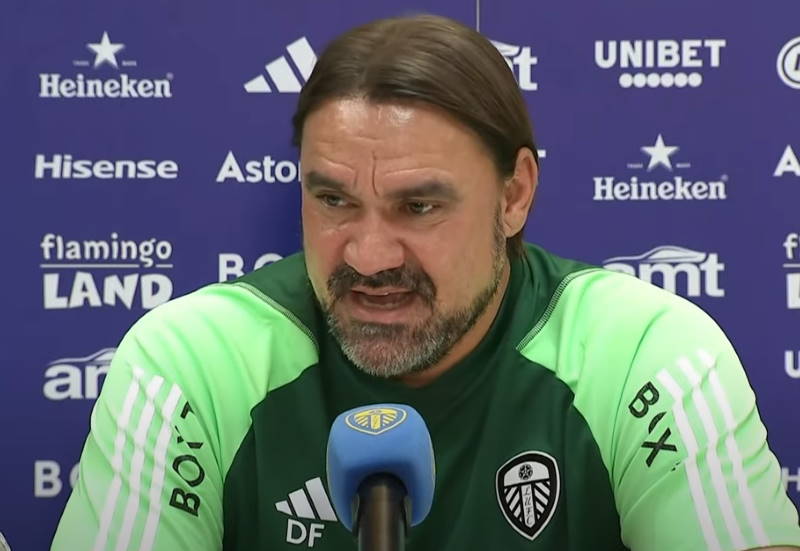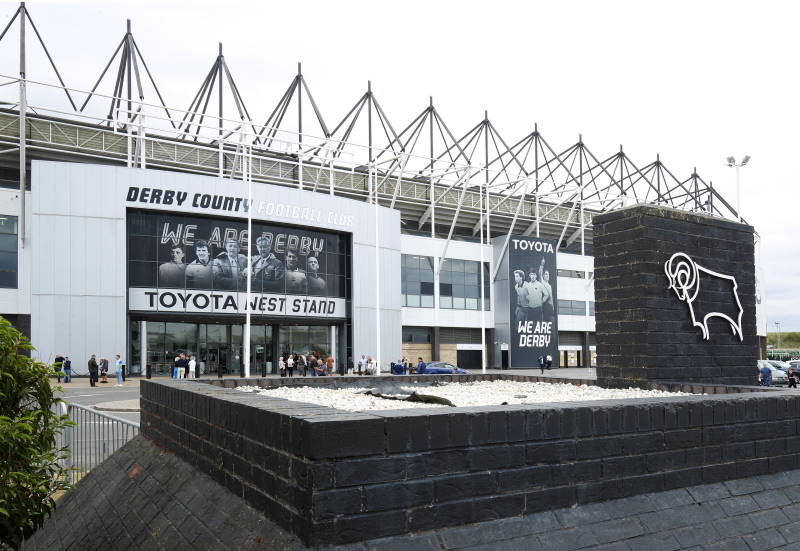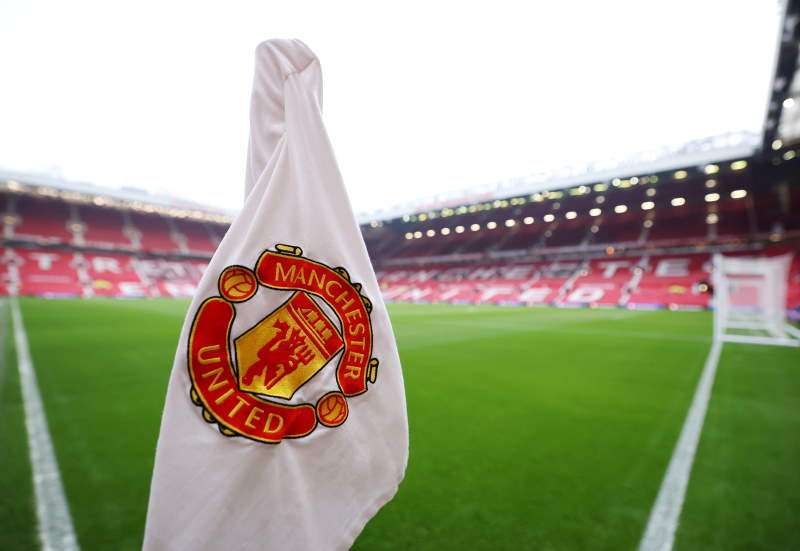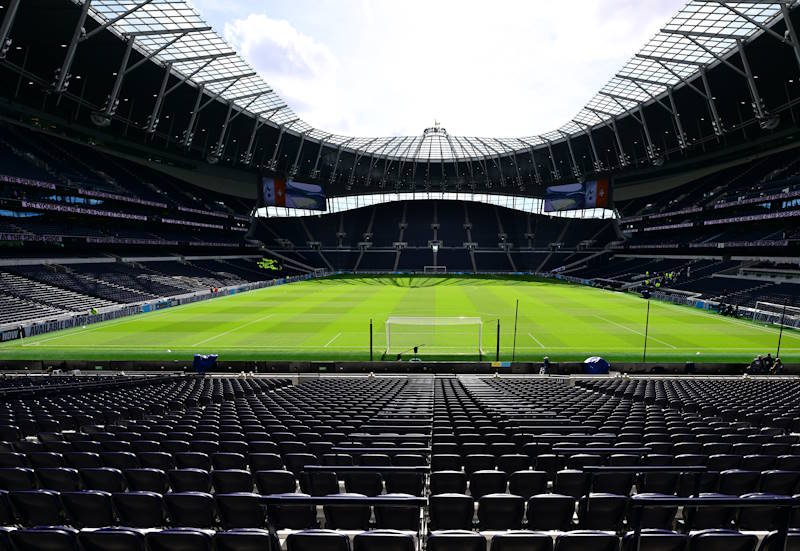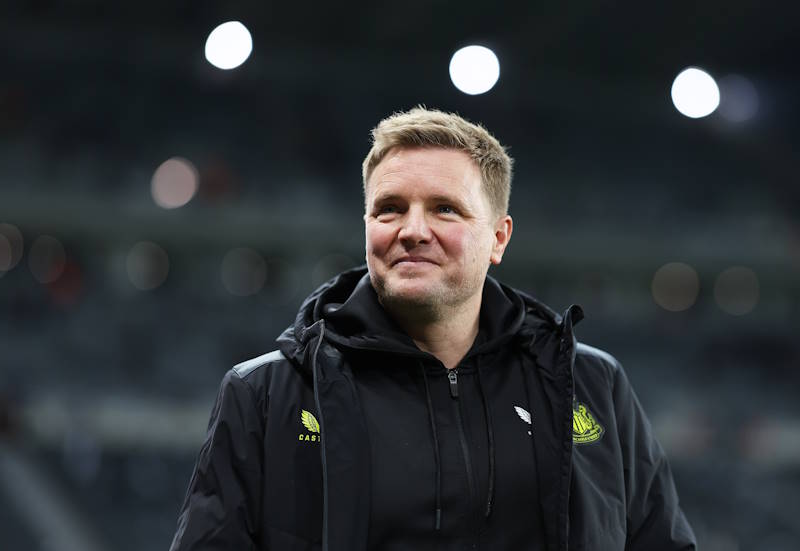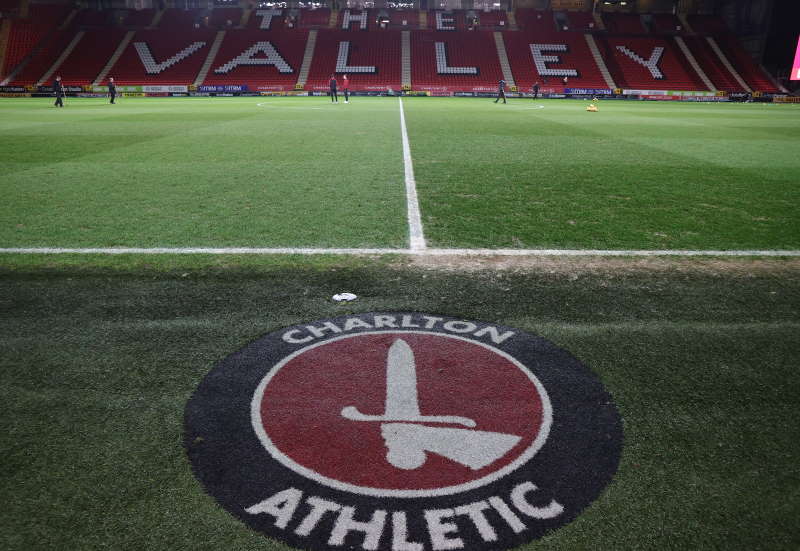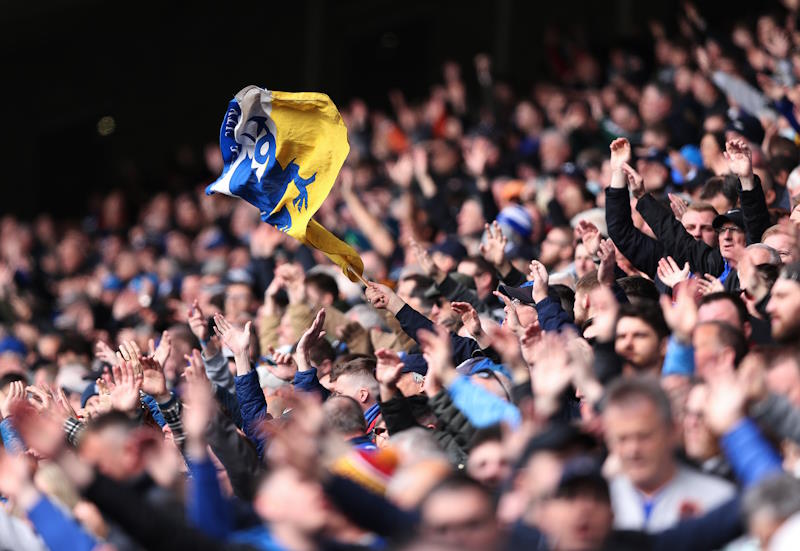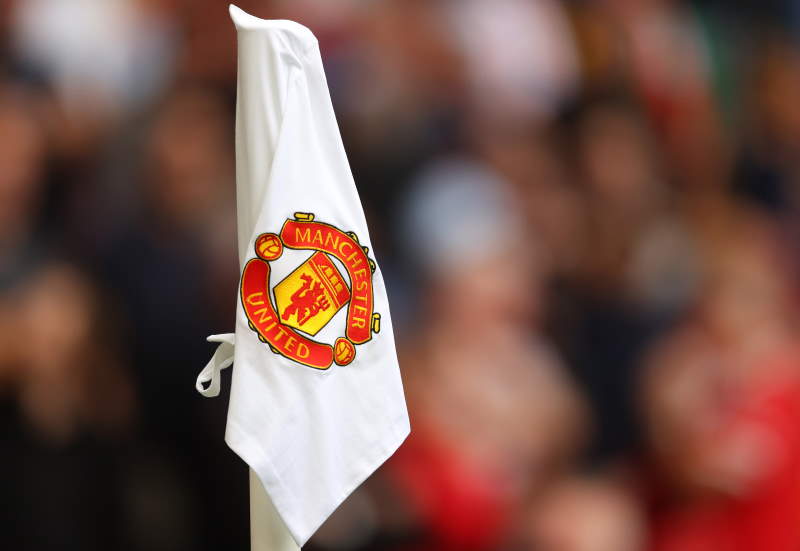
As the lights went out in the National Stadium after the Italy vs Germany Euro 2012 semi-final encounter, so did Polish football’s brief period of basking in the world spotlight. It is now back to reality which is, that at national level Poland still has a lowly-rated team with which to tackle the monumental task of qualifying for 2014 World Cup in Brazil.
The country’s old nemesis England and ambitious neighbours Ukraine will provide large and difficult obstacles to surmount. Poland also has a national team with no coach now that Franciszek Smuda has officially ended his tenure, while the contenders to become his successor are not guaranteed to grab headlines across Europe. Indeed, financial reality bites, as the new Poland coach looks unlikely to receive anything close to the €35,000 per month Smuda pocketed; this should rule out a foreign boss.
At club level the summer break has already seen the familiar exodus of good players to the greener pastures of west and even Eastern Europe, Lech Poznan will be without their only top notch striker in Artjoms Rudnevs, who has joined Bundesliga giants Hamburg. On that front there has been no change, even the Ekstraklasa’s big guns cannot match the sort of wages that clubs in second-rank leagues such as Turkey, Russia or Holland are paying. There are even some players, like Dariusz Dudka and Radoslaw Majewski, who are financially better off in the second-tier leagues of France and England.
It all boils down to money – or a lack of it as far as Polish football is concerned. The game is not able to attract the vast amounts needed to compete against even the average leagues of Europe, never mind the best. Corporate sponsors, TV companies, supporters and rich sugar daddies are not prepared to inject the kind of capital which will enable Polish clubs to either buy, or even hold onto, very good players.
Poland though is not the only country that ‘suffers’ from a lack of large scale financial investment – it is almost certainly the reason why big neighbours Germany have such a poor record in European club competitions, compared to England, Spain and Italy. Even the Bundesliga champions who are also the country’s best-supported club and one of its wealthiest, Borussia Dortmund, could not stop their Japanese playmaker Shinji Kagawa from fleeing to mega-rich Manchester United. But at least German clubs, who are all required to live within their means and balance their books, are still wealthy enough to keep hold of most of their best players and even import some world-class ones like Arjen Robben and Franck Ribery.
However, Poland has the great worldwide success of Euro 2012 to build upon and needs to capitalise on the opportunities it provides while the tournament is still fresh in people’s minds. Perhaps this is where the Polish government, who did a fine job in backing the continental showpiece, can step in. The government need to attract financial backers from abroad in the same way they do in industry. The potential for clubs such as Legia Warsaw, Wisla Krakow, Lech Poznan, Lechia Gdansk and Slask Wroclaw to do well in Europe is there – with new impressive stadiums to boot. They just need to play in a stronger league and that can only come about with a huge influx of cold hard cash.
Eventually, this will benefit the Reprezentacja – the whole world has just witnessed that the way to build a great national team is to base it on players who play in their domestic league. This was true of not only Spain, but also Italy and Germany.
Photo courtesy: Roger Goraczniak



